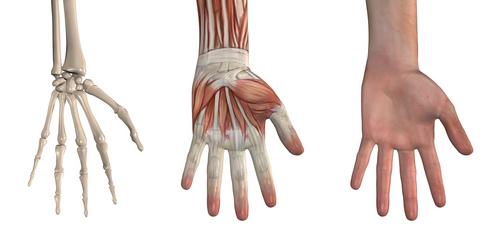How Far Can Science Extend Human Longevity?

What’s the Latest Development?
The United Nations currently predicts that average life expectancy will climb to near 100 years sometime in the 22nd century. That prediction has been made possible by advances in anti-aging science which include new research on healthy living and preventative medicine, genetics, regeneration and machine solutions. More generally, aging has been discovered as a risk factor for a host of diseases, including heart disease and cancer, making it an important locus of research as medical science moves beyond infectious diseases and begins to tackle more complex disabilities.
What’s the Big Idea?
Genetic manipulation has resulted lowering instances of diseases such as inflammation and diabetes, helping to prolong life. And scientists have used stem cells to regrow or repair tissues in the heart, liver and bladder. “This brings up the question: what happens if radical life extension actually works? How will it impact individuals, society, and even the planet?” Sociological studies reveal a complex relationship between our desires and aging: While most people are comfortable accepting small gains in longevity, we overwhelmingly reject the appeal of immortality.
Photo credit: Shutterstock.com





